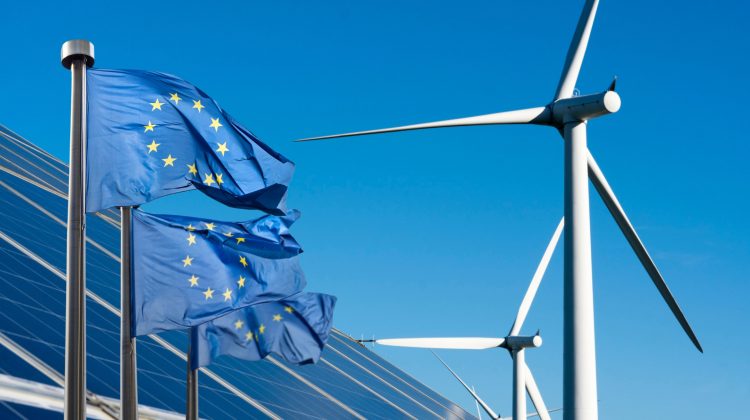The European Commission has approved a new delegated regulation that officially expands the list of key components used in the manufacturing of net-zero technologies. The measure, adopted on May 23, 2025, amends the Annex to Regulation (EU) 2024/1735, known as the Net-Zero Industry Act (NZIA), incorporating detailed technological subcategories and essential products for their development.
This update aims to ensure Europe’s access to a robust and sustainable supply chain, thereby strengthening the continent’s ability to compete in the cleantech sector. The new list, included in delegated regulation C(2025) 2901 final, includes components “always primarily used” in these technologies and that meet the criteria of specificity, commercial availability, and essentiality.
“All components listed in this delegated regulation are considered to be primarily used in the production of net-zero technologies,” the official European Commission text emphasizes.
Consultation Process with Industry Stakeholders
Before adopting the measure, the European Commission conducted an extensive consultation process with internal experts, representatives of Member States, and specialized industrial sectors. In particular, the Expert Group on Net-Zero Technologies and Supply Chains (E03968) was key in validating the methodology and the selected components.
During the group’s first meeting, practical examples in photovoltaic, ocean energy, and geothermal technologies were presented, serving as an initial reference for defining common technical criteria. Following this meeting, informal meetings were held with national authorities to discuss more technical aspects.
In January 2025, the Commission published a draft regulation for public comment. During the four-week feedback period, 158 contributions were received, mostly from business associations and technology companies. As a result of the analysis of these contributions, nearly 50 new components were added to the final list.
“All inputs received were carefully analyzed by the Commission,” the document details, which also reports on a second meeting of the expert group following the public consultation period.
Impact on the Clean Technology Supply Chain
Brussels’ decision seeks to consolidate the EU’s industrial leadership in clean technologies and ensure compliance with the climate objectives of the European Green Deal. This new framework will facilitate investment in net-zero manufacturing within the EU by clarifying which products and components are considered strategic.
“The objective of the regulation is to ensure access to a secure and sustainable supply chain by expanding industrial capacity for net-zero technologies,” the European Commission states.
The document clarifies that components not listed in the new Annex may also be recognized as part of the net-zero ecosystem, provided that the project promoter demonstrates that they are primarily used in these technologies, through market studies or purchasing agreements.
The regulation also establishes a clear methodology based on four criteria: the specific nature of the component, commercial availability, priority use in net-zero technologies, and essentiality. This methodology was applied to all technologies covered by the NZIA to identify both end products and strategic components.
The inclusion of a new “end products” column in the Annex aims to provide context for the listed components, improving their understanding and application.






























